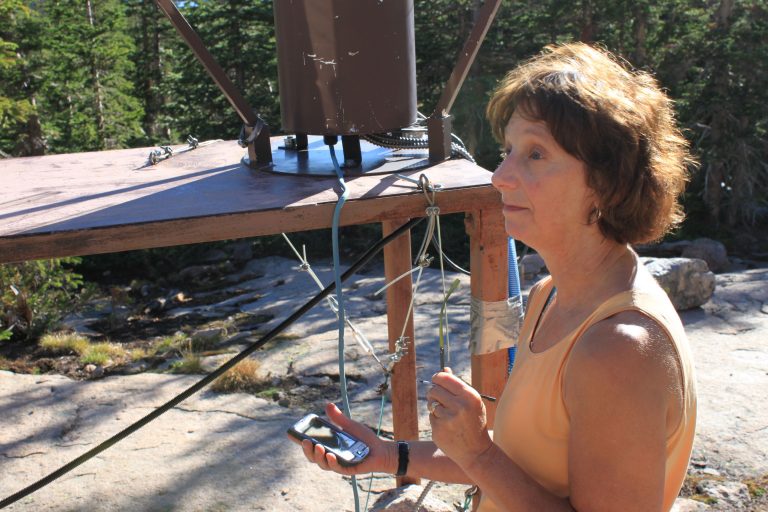
USGS scientist named Ecological Society of America president
Jill Baron takes up the chair of ESA’s governing board, which lays out the vision for overall goals and objectives for the Society.

Jill Baron takes up the chair of ESA’s governing board, which lays out the vision for overall goals and objectives for the Society.

Amy Harmon has a unusual, and probably unique, job at the New York Times. Though assigned to the national desk, she writes long, narrative stories about the intersection of science and society — the kind that take a year to research and write, and the kind that almost no one gets paid a salary to write anymore in this new age…
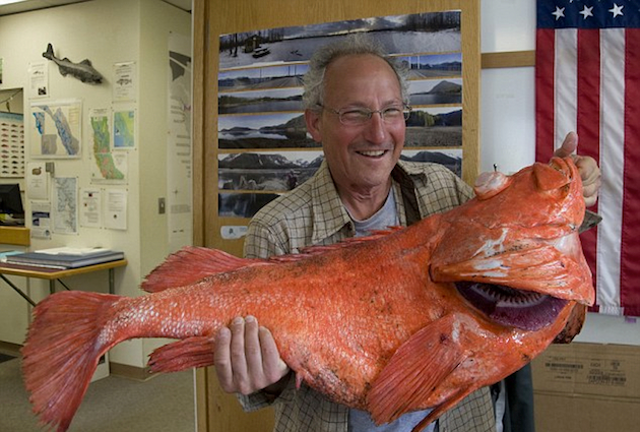
THIS STORY about a man and fish (a shortraker rockfish, Sebastes borealis) started as a little local news spot in the Daily Sitka Sentinel in late June – man catches record-breaking 39.08-pound rockfish! Could be 200 years old! [Update 7/8/2013 — The Alaska Dispatch reported Friday that Alaska Fish and Game determined the fish was only 64 years old. —…

Jason Pittman loves teaching preK-6th grade science. He’s won a bunch of teaching awards. And he’s leaving — exhausted by the unending groveling for funding.

The Supreme Court ruled unanimously on Thursday, June 13th, that Myriad Genomics Inc. may not retain exclusive rights to the use of DNA sequence information for breast cancer associated genes BRCA1 and BRCA2, stating that Myriad had not created anything new in identifying the genes.
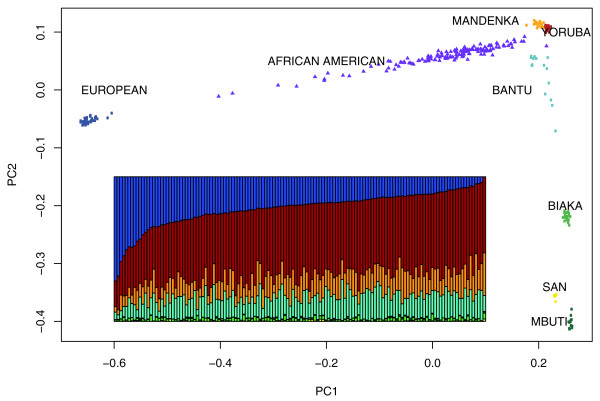
Last week, a cicada-like re-emergence of “Bell Curve” claims of a genetic determinacy between intelligence and race surfaced in a Heritage Foundation special report on immigration. The report drew on Jason Richwine’s Harvard dissertation, “IQ and Immigration Policy.” Amid the furor, the Atlantic’s Ta Nehisi Coates was ready with the history. He wrote in response to Richwine’s apologists, who…
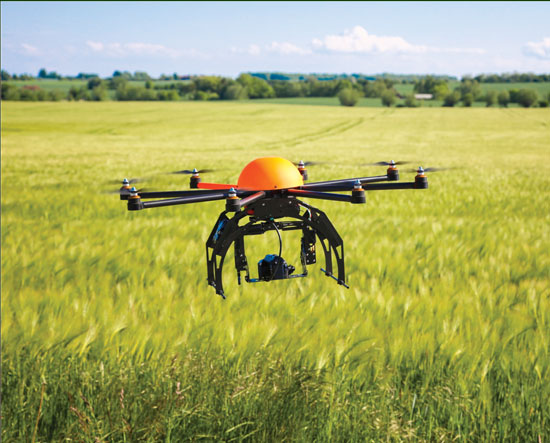
Unmanned vehicles bring in the data By Liza Lester, ESA communications officer Earlier this month, a couple of environmental scientists from NOAA and WWF turned up at a symposium on drones in company with journalists, law & order types, engineers, gearheads and think tank fellows. The scientists were on the pro-drone docket. Drones can look for oil spills and…
Field stations and marine labs take on the future of science In this guest post, Ian Billick, PhD, introduces the new strategic vision, released today, for the disparate network of field stations and marine labs. Recommendations include creating virtual access to historic data archives and streamlining physical access to field sites for extramural researchers. Billick is Past President of the Organization…
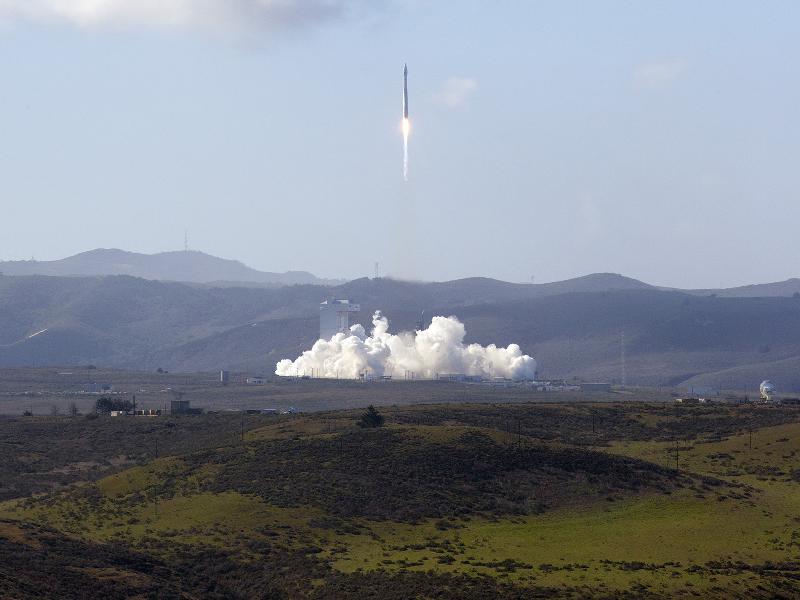
Great day for a launch: all indications positive for Landsat 8. By Liza Lester, ESA communications officer. AT 10:02am local time on Monday, February 11, 2013, the Landsat Data Continuity Mission (LDCM) launched from Vandenberg Air Force Base, California, into a clear blue sky atop an Atlas V rocket. The latest USGS earth observatory satellite is a $855 million…
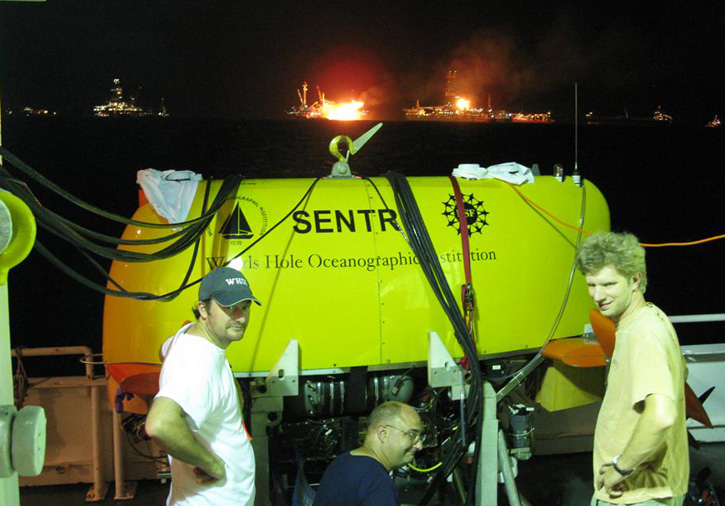
by Liza Lester, ESA communications officer This fall has seen the endgame of the US Justice Department’s civil case against British Petroleum and eight partners in the matter of the Deepwater Horizon oil well blowout, likely to be settled soon, according to the Wall Street Journal. The Justice Department is suing under the Clean Water Act for damages from the…
by Liza Lester, ESA communications officer Cheatgrass, Bromus tectorum, evolved in the old world, but has been very successful in the new, with a talent for colonizing disturbed rangeland. It fuels early season range fires. Credit, Prof. Dr. Otto Wilhelm Thomé “Flora von Deutschland, Österreich und der Schweiz,” 1885. http://www.biolib.de/ Bats & Birds (& Ants) The Nature Conservancy has built a…
Bruce Byers wrote up his impressions of the recent ESA Annual Meeting in a recent blog post: 12th of August, 2012. Old English is full of “terms of venery,” words for groups of animals: a pod of whales, a pack of wolves, a herd of deer, a gaggle of geese, a murder of crows, a pride of lions, a leap…